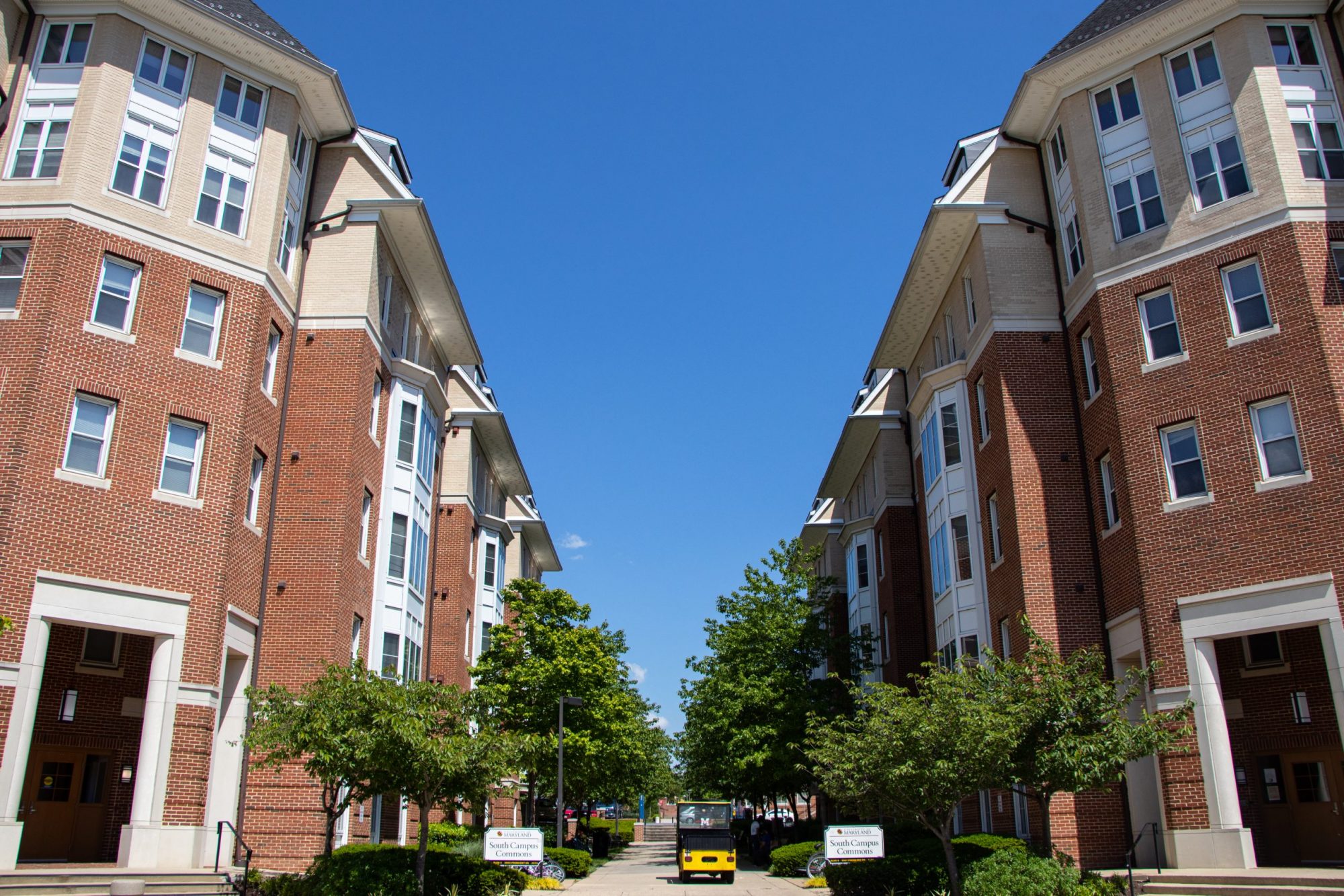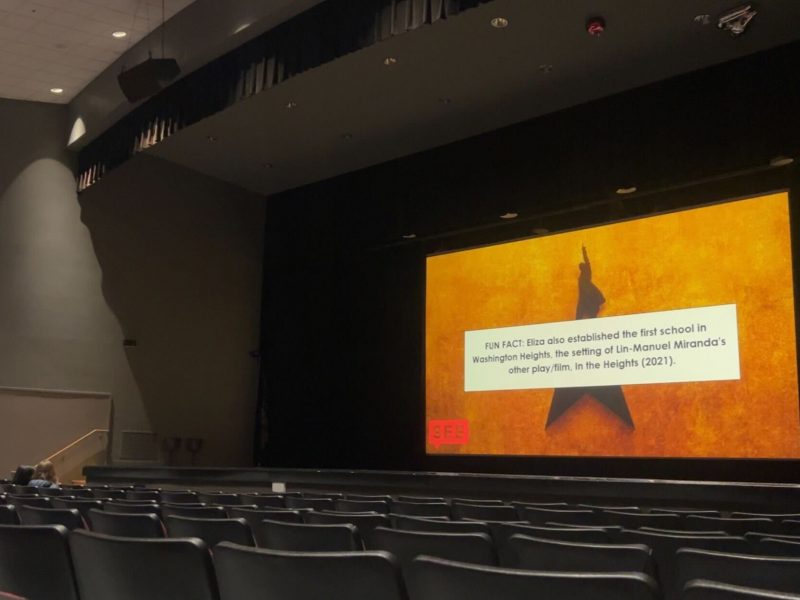It all started on a lazy, sunny Wednesday morning in my Commons 2 apartment. I missed my usual 7 a.m. alarm and instead woke up two hours later to a soft “ping” from my phone.
I was anticipating a WhatsApp “Good Morning!” message from my mom or even a text from a friend, who I was planning on going out for a walk with — socially distanced and masked up, of course — later that day.
But instead, the text was from my roommate. Within her paragraph-long message, there were only two words that stood out: “positive” and “corona.”
Almost instantly, our apartment felt like a danger zone. Masks inside the apartment became commonplace, and the noxious smell of bleach and disinfecting wipes became disgustingly familiar.
Our apartment doors were shut, and we were all locked in for an excruciating 14 days. None of us could even step out to throw away the trash or go out for groceries when our refrigerator was bare.
Our only contact with the outside world was through our windows — which we frequently left open to allow some fresh air inside. Every morning, we heard the birds perched on the trees next to our building chirping. Throughout the day, we heard the laughs and shouts of students who had been able to evade the virus, free to roam around.
Before I came back to campus, I read countless articles, personal essays, Twitter threads and Reddit posts detailing people’s horrific and frustrating experiences living with roommates who disregarded safety protocols and undermined the pandemic as a whole.
Reading those nightmarish accounts in the comfort of my family’s townhouse gave me a sense of disillusioned confidence — I just knew, deep down, that I wouldn’t find myself living in a stressful environment with a selfish roommate. I mean, who in their right mind thinks it’s okay to hang out with a group of eight people without wearing masks or practicing proper social distancing? Who would be so inconsiderate?
Now, I’ve realized that pandemic-related roommate issues are real and they are probably more frequent than they seem. It seems as though the pandemic has intensified roommate tensions, and they’re oddly more mentally and physically draining than a typical pre-pandemic roommate scuffle.
[UMD students find ways to celebrate their 21st birthdays amid the pandemic]
Although students living in dorms have their own fair share of worries, it’s a perk that they don’t have to deal with the added stress of living with a random roommate this academic year. But for students living in apartments, what are they to do when they’re stuck with a roommate who undermines the severity of the virus? Living with a new roommate is already a difficult and stress-inducing ordeal. But living with a roommate who proves they think the ongoing pandemic isn’t all that serious makes life on campus a literal hell.
And after quarantine ended, my living situation didn’t simply go back to normal. Instead, it took a turn for the worse.
My roommate — the one who initially contracted the virus — was set on expanding her social bubble after her recovery period and engaging in the same risky behaviors she had partaken in before her positive result. Our living situation was no longer feasible, and it clearly wasn’t going to work out.
Having to compromise my own health and safety for the sake of my roommate’s social life feels both unfair and disrespectful. Does someone’s desire to go to social gatherings and have a prominent social life outweigh my own well-being? Soon, I reached a point where I had to choose whether to prioritize my physical health and well-being over my academics and mental health.
Although it was difficult, I made the decision to no longer live with my random roommate out of fear that my health and safety would continue to be at risk. But the move-out procedure isn’t an easy task. The following days included exchanging multiple emails with my apartment’s resident assistant and resident director and frequent Zoom calls to find ways to reach a compromise on the situation at hand.
[6 things to do near UMD’s campus this October]
It’s been close to a month and my living situation still remains the same. Not much progress has been made on whether my new roommate or me should be moving out. Also, not much progress has been made on where exactly either of us will be moving.
I accepted a risk when I came back to the campus. I accepted the risk of being around other students and possibly exposing myself to the virus, too, regardless of how many safety precautions I followed. But for me, coming back wasn’t a personal choice. I had to, considering that my overpacked family townhouse offered me no space to efficiently complete online classes. Traveling for work also posed a risk to my immunocompromised family members.
Sometimes, I wonder if I was too harsh when I told my roommate I felt uncomfortable living with her in our shared space. I wonder if I was being overly petty or if I came across as entitled. But then I remember we’re living through a deadly and serious pandemic affecting millions of people —and I’m not going to let my health or my campus experience be endangered by someone else’s stupidity.



